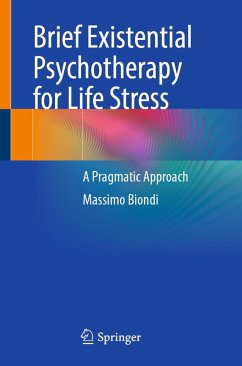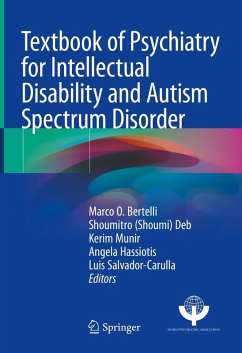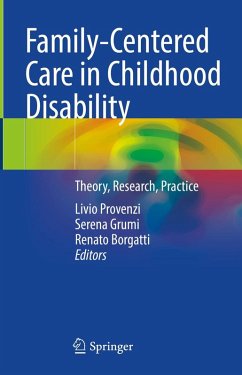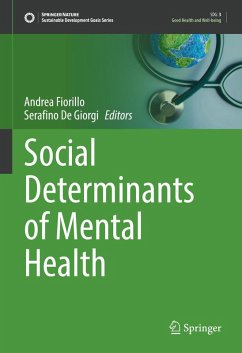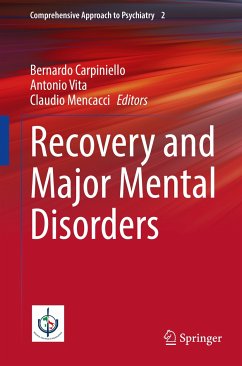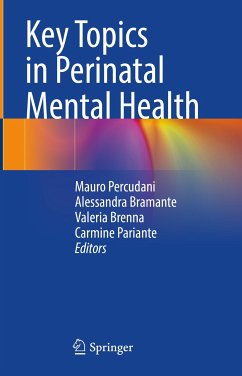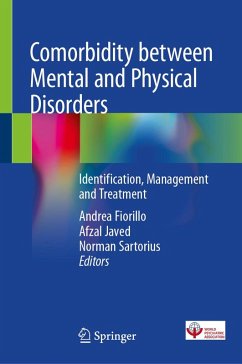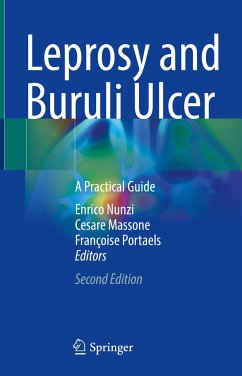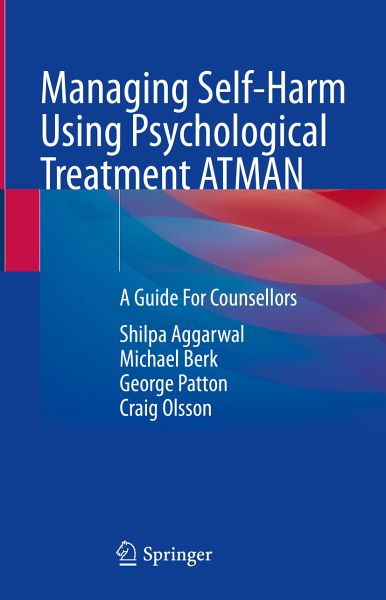
Managing Self-Harm Using Psychological Treatment ATMAN (eBook, PDF)
A Guide For Counsellors
Versandkostenfrei!
Sofort per Download lieferbar
112,95 €
inkl. MwSt.
Weitere Ausgaben:

PAYBACK Punkte
56 °P sammeln!
The book presents the session wise details of ATMAN psychological treatment for managing self-harm in youth in low- and middle- income countries. Based on global evidence, ATMAN treatment has been designed using a systematic, sequential approach and has been co-designed by the self-harm patients and mental health professionals in Mumbai, India. The word ATMAN in Sanskrit refers to the "eternal self' that functions in harmony with the Universe.Suicide is a leading cause of premature mortality across the world. Three quarters of global suicides occur in low- and middle-income countries. Most of ...
The book presents the session wise details of ATMAN psychological treatment for managing self-harm in youth in low- and middle- income countries. Based on global evidence, ATMAN treatment has been designed using a systematic, sequential approach and has been co-designed by the self-harm patients and mental health professionals in Mumbai, India. The word ATMAN in Sanskrit refers to the "eternal self' that functions in harmony with the Universe.
Suicide is a leading cause of premature mortality across the world. Three quarters of global suicides occur in low- and middle-income countries. Most of the psychotherapies available to reduce the recurrence of self-harm have been developed and tested in high-income countries. Far less attention has been given to develop and evaluate context specific psychotherapeutic programmes for self-harm in low- and middle income countries.
The book includes contextually appropriate treatment elements; age appropriate and culturally relevant case vignettes and scripts; and is easy to understand for non-specialist providers. It is based on problem solving therapy integrated with emotion regulation and social network strengthening skills. Available treatments for self-harm are sub-optimal globally and this book might become an extremely useful resource for mental health professionals in high-income countries due to its easy to use format, brief structure, and utility for culturally diverse populations.
From the systems perspective, the possibility of scaling it up and training non-specialist counsellors to deliver this treatment in the community setting makes Managing Self-Harm Using Psychological Treatment ATMAN a very useful addition to the limited resources available to address the global health challenge of self-harm.
Suicide is a leading cause of premature mortality across the world. Three quarters of global suicides occur in low- and middle-income countries. Most of the psychotherapies available to reduce the recurrence of self-harm have been developed and tested in high-income countries. Far less attention has been given to develop and evaluate context specific psychotherapeutic programmes for self-harm in low- and middle income countries.
The book includes contextually appropriate treatment elements; age appropriate and culturally relevant case vignettes and scripts; and is easy to understand for non-specialist providers. It is based on problem solving therapy integrated with emotion regulation and social network strengthening skills. Available treatments for self-harm are sub-optimal globally and this book might become an extremely useful resource for mental health professionals in high-income countries due to its easy to use format, brief structure, and utility for culturally diverse populations.
From the systems perspective, the possibility of scaling it up and training non-specialist counsellors to deliver this treatment in the community setting makes Managing Self-Harm Using Psychological Treatment ATMAN a very useful addition to the limited resources available to address the global health challenge of self-harm.
Dieser Download kann aus rechtlichen Gründen nur mit Rechnungsadresse in A, B, BG, CY, CZ, D, DK, EW, E, FIN, F, GR, HR, H, IRL, I, LT, L, LR, M, NL, PL, P, R, S, SLO, SK ausgeliefert werden.




